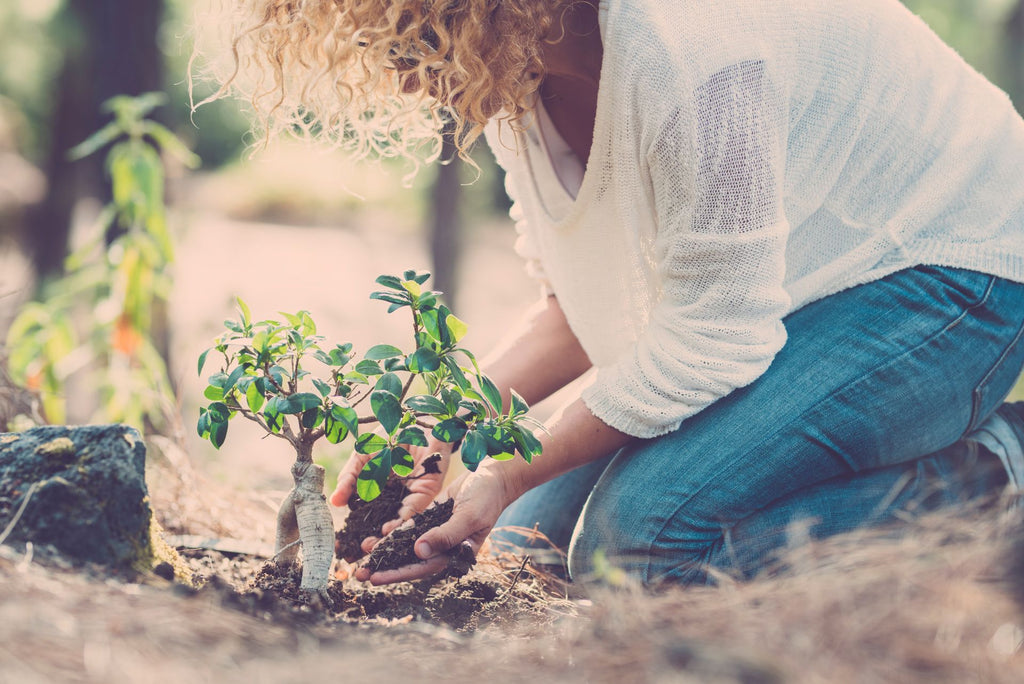Vol#24 Choosing the Right Fertilizer for Bonsai Growth

In this article, we explore the world of organic and chemical fertilizers and their impact on bonsai tree care.
Bonsai trees are typically grown in pots, which often leads to nutrient deficiencies, necessitating regular fertilization. However, given the multitude of fertilizer options available, it's common to feel uncertain about which one to choose.
Fertilizers can be broadly categorized into two main types: organic and chemical.
Organic fertilizers are derived from natural sources such as plant or animal materials, such as rapeseed cake, fish meal, or chicken manure. While favored for their natural origins, they typically exhibit a slow-release effect and may not produce immediate results. Additionally, they can emit gas or odor, which may lead to soil compaction if overused due to microbial decomposition.
In contrast, chemical fertilizers offer immediate effects and are easily absorbed by plants without emitting undesirable odors or gases. They are synthesized from mineral materials through chemical processes. However, their high absorption rate can make plants susceptible to fertilizer burns over time and may lack long-term benefits.
Both organic and chemical fertilizers have their advantages and disadvantages.
The choice between them depends on the specific needs of your bonsai tree and growing conditions. For instance, if odor or gas emissions aren't a concern, you might prefer organic fertilizers as a primary source and supplement them with chemical fertilizers for faster results. When caring for bonsai or plants on a veranda or balcony, alternating between slow-release and quick-release chemical fertilizers can ensure optimal growth without the risk of over-fertilization.
Until next time!
Vol#23 Bonsai Care in 2023, A Year in Review
Vol#21 Differences in Bonsai Styles
